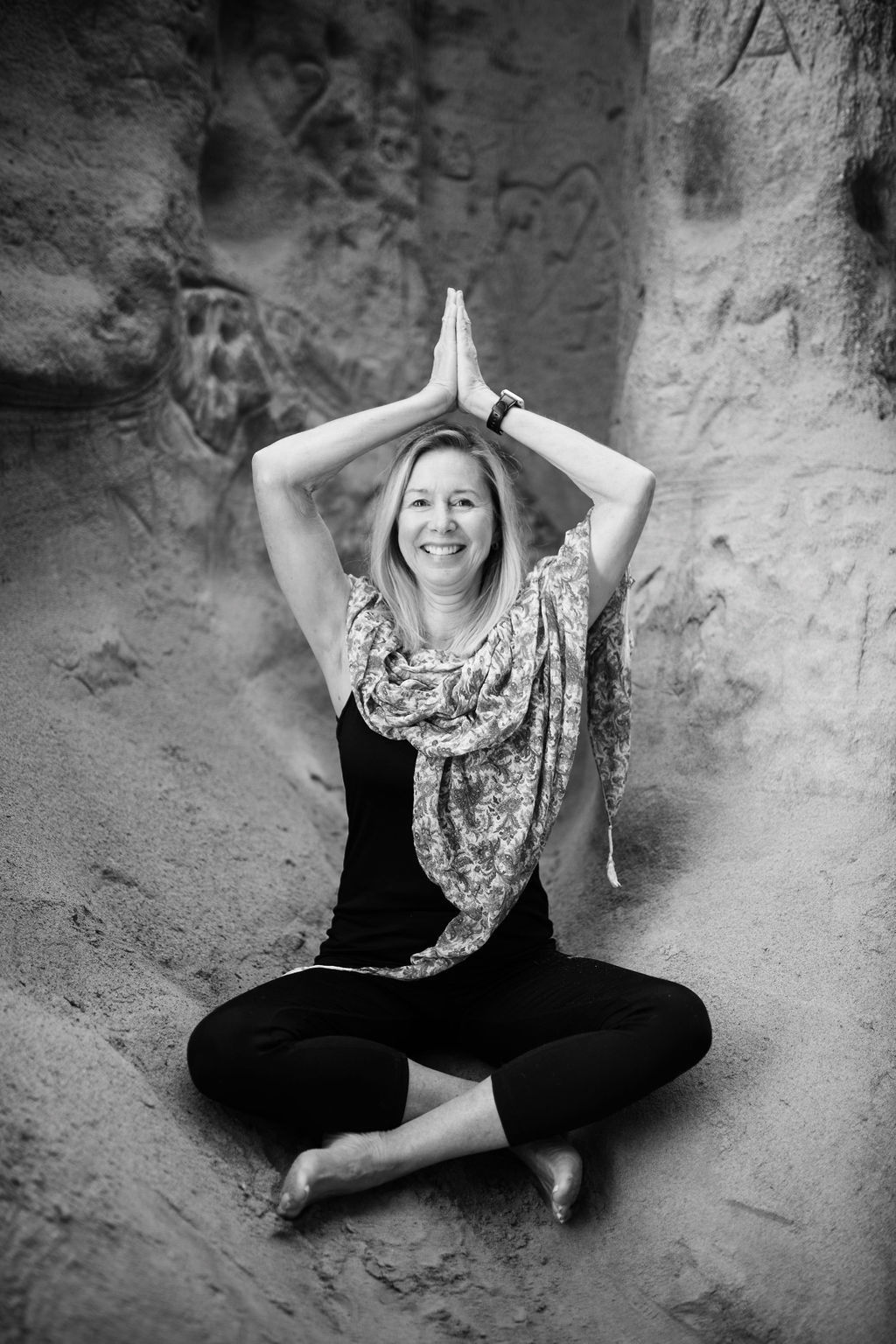
With the past couple years bombarding us with grief, loneliness, and countless uncertainties amid a global pandemic, millions have turned to yoga to find relief from their everyday stress and anxiety.
Yoga for the Mind, Body, and Spirit
Dating back over 5,000 years, yoga is a holistic practice incorporating the mind, body, and spirit through physical poses, breathing exercises, and mindful meditation. At its core, yoga is the practice of harnessing the fluctuations in your mind and bringing harmony to the mind and body.
In fact, the term yoga quite literally means “to join” or “to unite.”
However, even with such strong roots in mental wellbeing, generations of development and the modernization of American culture has made yoga primarily viewed as a form of exercise. It’s seen as a way to maintain our physical health, lose weight, increase flexibility, and gain some muscle tone along the way.
While these are all great benefits, yoga has a much more profound impact than it’s often given credit for.
Benefits of Yoga for Mental Health
Decades of research has shown that yoga has the ability to decrease stress and anxiety, increase positivity and self esteem, and can even be used as an alternative or supplemental treatment to mental health conditions including: eating disorders, obsessive compulsive disorders, body dysmorphia, PTSD, depression and ADHD.
When we experience stress, our bodies often enter “fight or flight” mode. We tense up and get uncomfortable, our heart rate increases, and we may avoid, or “flee,” in an attempt to cope. It takes some time, but eventually our system recalibrates itself and we return to a calm state.
If our bodies are experiencing prolonged stress, as so many of us have throughout the pandemic, it can become harder and harder for the system to recalibrate, leaving you in a constant state of anxiety. This chronic stress is hard not only on our mind, but also on our heart, digestion, and bone health.
Yoga Helps Reduce Stress, Anxiety, and Depression
Through yoga, we are able to use our breath to calm the nervous system, release tension from the body, and quiet the mind. Those engaged in yoga practice tend to experience a variety of benefits such as:
- Increased positivity
- Changes in attitudes about oneself and the world around them
- Increased self-esteem
- A sense of community and camaraderie
In addition, like other forms of exercise, yoga boosts “feel good” endorphins, such as serotonin and dopamine, while simultaneously reducing production of stress hormones, resulting in an overall mood enhancement.
One study in particular analyzed 52 women before and after engaging in yoga sessions 3x a week for 4 weeks and found a significant reduction in stress, anxiety, and depression among the women.1
Another study found that adolescents who practiced mindfulness meditation (an important component of yoga) 5-10 minutes a day for 5 weeks showed decreased anxiety, increased positivity, and improved behavioral, social skills, and academic performance.2
Yoga Helps Relieve Chronic Pain
Research also shows that yoga can provide relief for people with arthritis, fibromyalgia, migraines, back pain, and more by reducing inflammation and helping individuals cope mentally.
Essentially, yoga can help reduce both the physical sensation of pain as well as an individual’s pain perception.
By decreasing the production of stress hormones like cortisol, you also reduce inflammation, which is a key component of chronic pain. At the same time, the mindful component of yoga helps remove negative emotions associated with pain, promoting acceptance and fostering a more positive outlook on life.
Yoga Classes in Orange County
The best part about yoga as an evidence-based treatment method is…
ANYONE CAN DO IT! Seriously. If you can breathe, you can do yoga. Even better, you can do it from the comfort of your own home!
Orange County Health Psychologists has partnered with yoga therapist, Susan Kjesbo, and RYT-500, Carol Stanley to offer virtual yoga sessions for our community as a supplement to traditional therapy.
Susan has been teaching yoga for 10 years, making significant strides in her own journey with anxiety and even improving her bone strength for osteoporosis. Her slow paced classes are inclusive for all as she guides students into the practice offering variations along the way.
Carol has also experienced her own growth through yoga, which she is now using to empower others and promote inner strength and confidence. She believes that each human being has the power within to accomplish change and become their best self.
Each class will be taught with careful attention to tools and techniques that will enable you to find positive change and you will use your body, breath, and mind to discover a place of relaxation and comfort. By working with skilled teachers, you will develop “your” practice, that you can then use in your daily life to manage stressors as they arise.
To learn more or register for your first yoga class, call (949) 528-6300.
Written by Cassie Cipolla, Susan Kjesbo, and Carol Stanley for Orange County Health Psychologists.
1. Shohani, M., Badfar, G., Nasirkandy, M. P., Kaikhavani, S., Rahmati, S., Modmeli, Y., Soleymani, A., & Azami, M. (2018). The Effect of Yoga on Stress, Anxiety, and Depression in Women. International journal of preventive medicine, 9, 21.
https://doi.org/10.4103/ijpvm.IJPVM_242_16
2. Beauchemin, J., Hutchins, T.L, Patterson, F. (2008). Mindfulness Meditation May Lessen Anxiety, Promote Social Skills and Improve Academic Performance Among Adolescents with Learning Disabilities. Complementary Practice Review, 13, 34-45.

